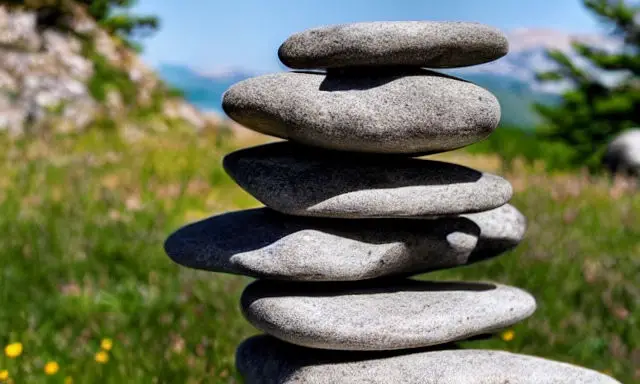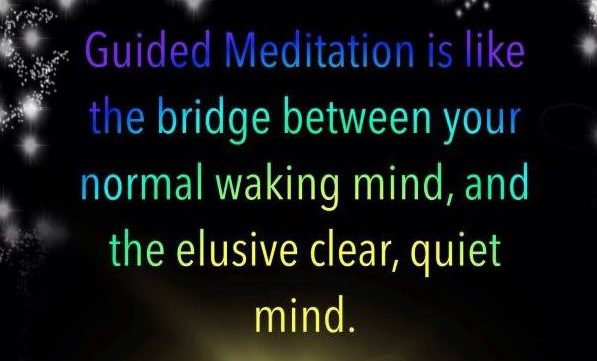Meditation For Deep Sleep
When practicing meditation for deep sleep, it is essential to focus on your breathing and body. This will trigger a relaxation response in your brain. By paying attention to your breathing, you will encourage your body to send relaxation chemicals throughout your body, stimulating your parasympathetic nervous system, the part of the brain that governs healing. This is an important part of any meditation for deep sleep as it promotes a state of trance. Several types of meditation can be used to help you fall asleep and get the restful night’s rest.
People who have trouble falling asleep often turn to meditation. These techniques help people focus on their bodies and physical sensations instead of on their thoughts. It is common to have troubling thoughts when we are in bed. While meditating, we can assess the level of our tension and mental burdens. By doing this, we can ensure that we are in a relaxed state for sleeping. By practicing meditation, we can be assured that we will sleep deeply and wake up refreshed.
One way to improve the quality of your sleep is to practice meditation. Many studies have shown that people who sleep for 7-8 hours do not spend enough time in the deepest phase of sleep. The third stage of sleep, the deepest, is best for recharged energy and feeling rested. A deep sleep meditation practice focuses on maximizing the time a person spends in this state. So, how can you benefit from a meditation that helps you achieve a deeper and more restorative sleep?
Another way to promote deep sleep is to learn mindfulness meditation. This type of meditation doesn’t involve clearing the mind of all thought. It involves paying attention to the present and the sensations you feel in your body. You can practice shifting your attention from one part of your body to the other. Most people aren’t able to do this without practicing, so it is important to find a meditation practice that works for you. So, you’ll be able to get the rest you need, and enjoy a restful night of rest.
In order to experience deep sleep, you must learn meditation. This is an effective way to calm your mind and promote a sound sleep. The practice of meditation is a powerful tool for improving mental health. It can help you manage stress, emotions, physical sensations, and thoughts. It also improves your ability to control your thoughts. Once you’ve mastered this technique, you can start using it on a regular basis to achieve deep sleep.
As you can see, meditation for deep sleep is an excellent way to reduce stress. It can also be a great way to relax. There are many benefits of meditation for deep sleep. It can help you fall asleep quicker and stay asleep longer. The practice requires you to focus on one thing. Depending on your personality type, this can be anything from a candle flame to the sounds you hear during the day. The more you practice, the better.
Meditation for deep sleep is a process of slowing down. The more you practice, the more relaxed you will become. During the first few days of meditation, it is important to focus on one thing at a time. Try to avoid distractions, such as talking and watching television. Moreover, meditation for deep sleep can help you get to sleep faster in the long term. If you want to sleep better, you should practice basic habits and meditate regularly.
It is a great way to fall asleep faster. By focusing on the present moment, the body sends a signal to the brain that it will be safe to sleep. This is a natural calming response that can help you fall asleep more quickly and stay asleep longer. This method is a great way to relax and fall asleep. It is also a great way to help people with insomnia. When you meditate, your body will naturally lower its heart rate and increase the amount of melatonin it produces.
If you are struggling to fall asleep, meditation may be the solution. By focusing on breathing and the present moment, you can experience a state of total relaxation. This state of mind is essential for deep sleep. By allowing your body to slow down and focus on breathing, you can reduce stress and anxiety while you sleep. And meditation can even help people who have trouble falling asleep. You can use a guided meditation session to fall asleep. This technique involves learning to breathe in a controlled way.









